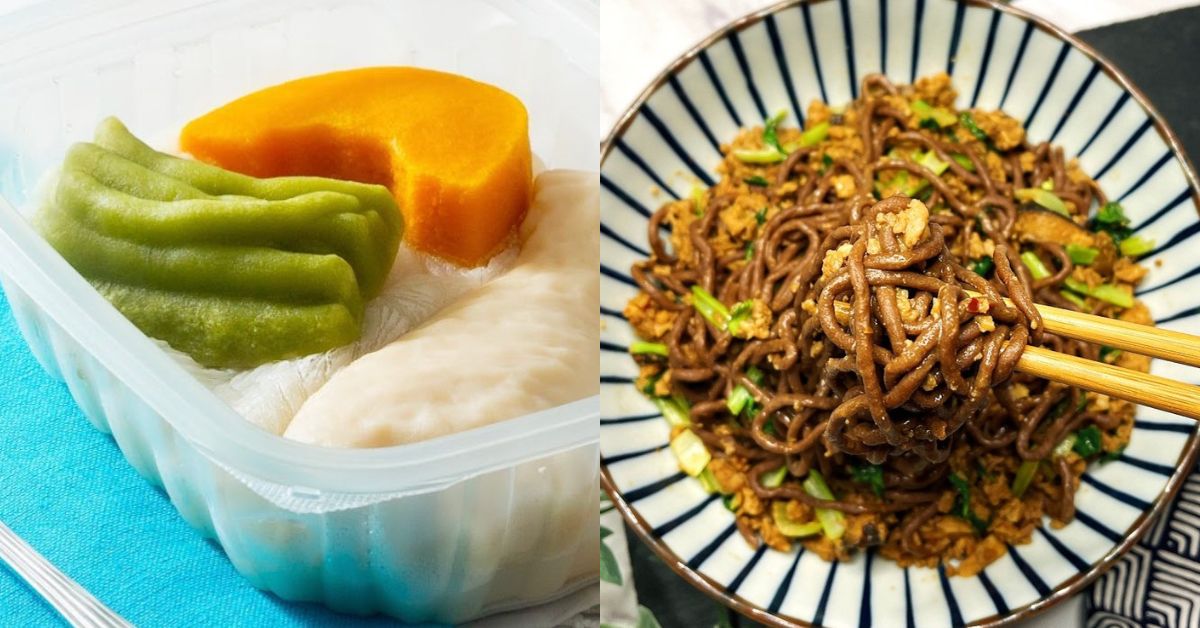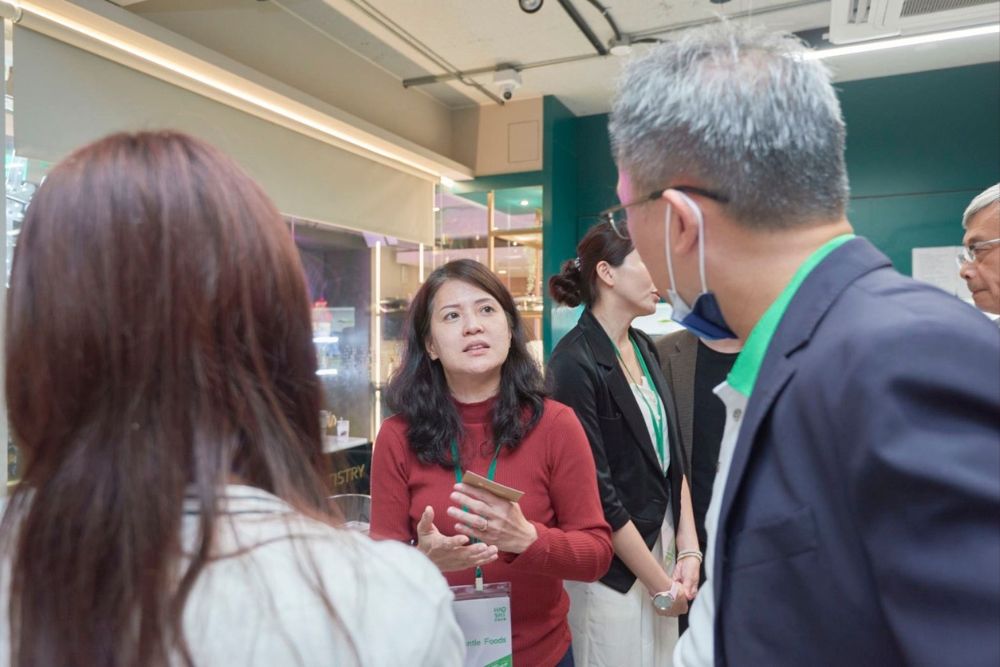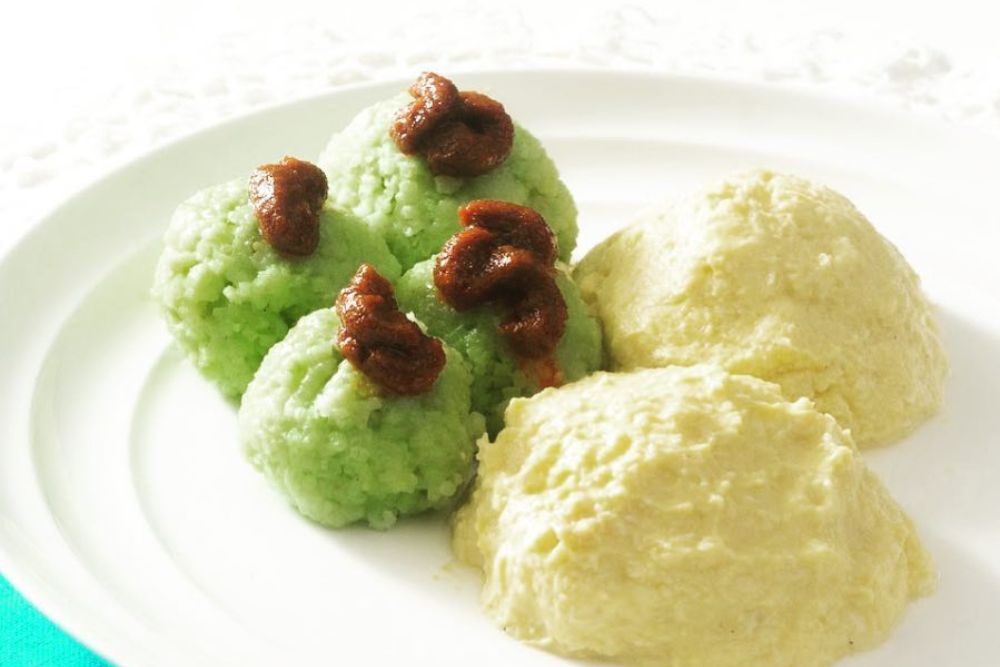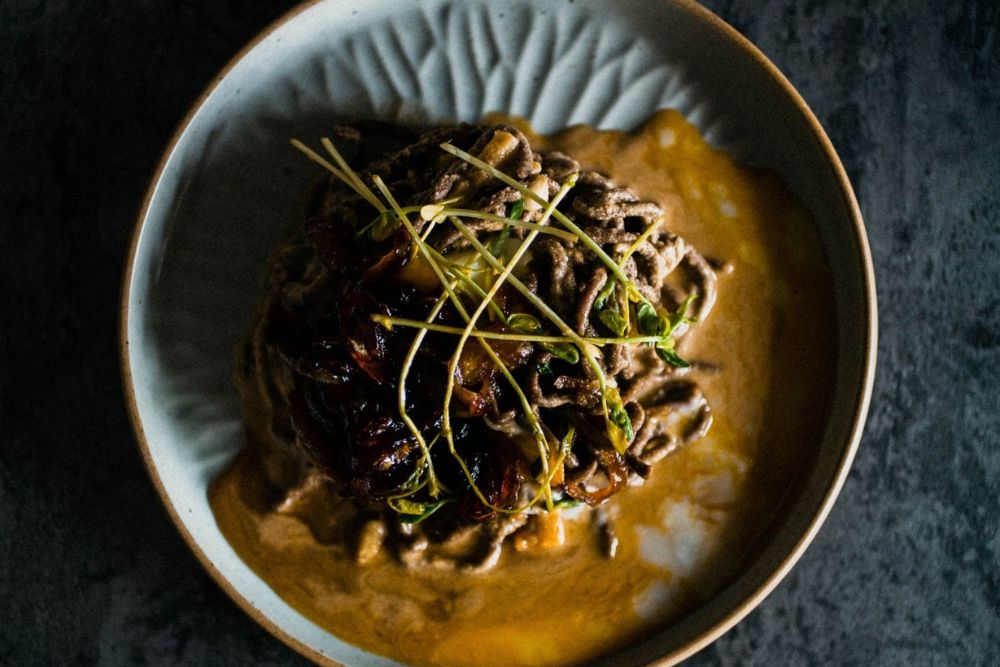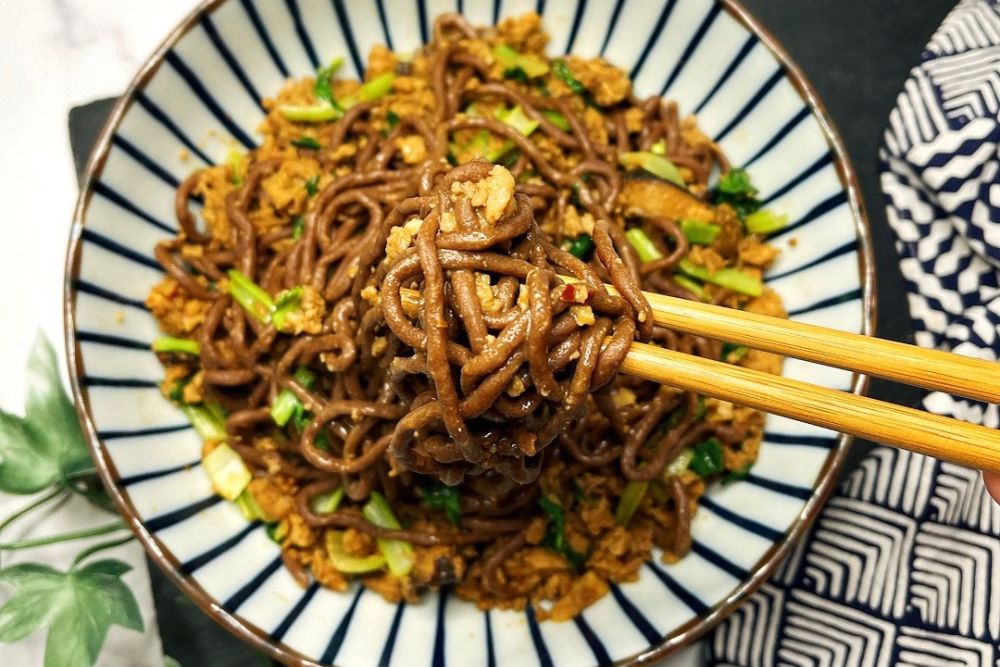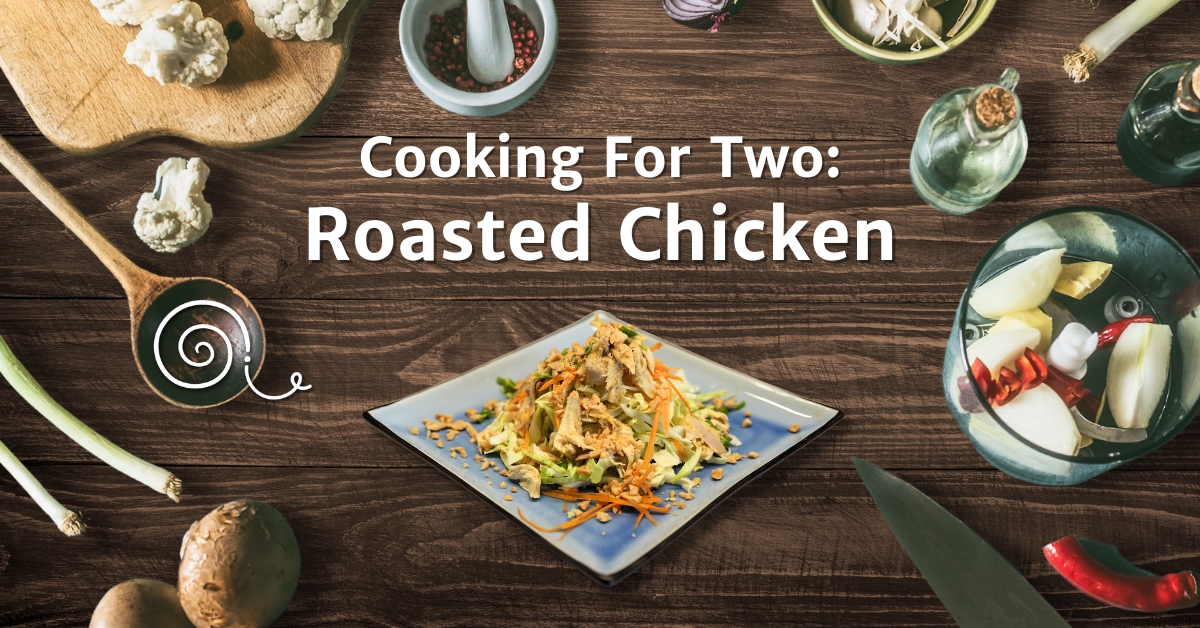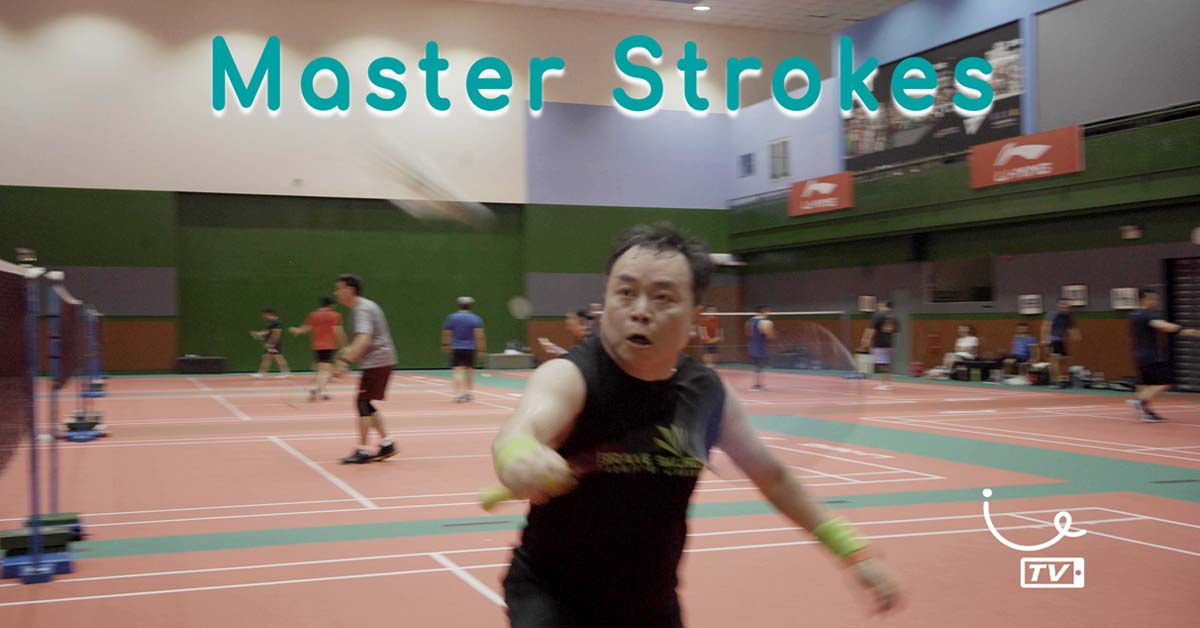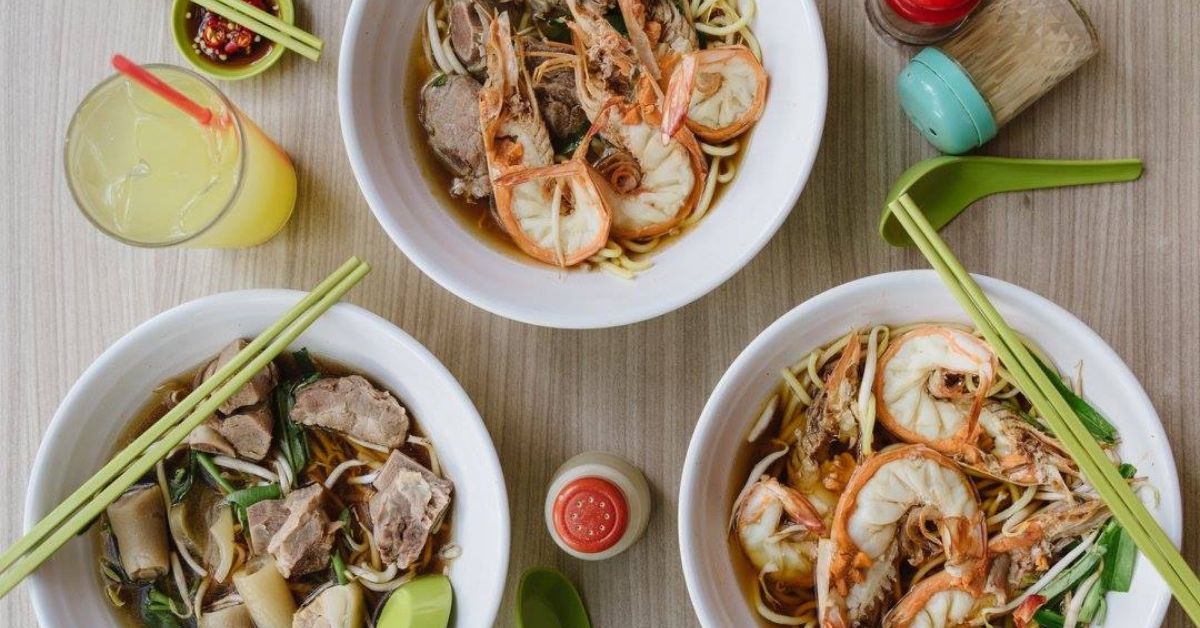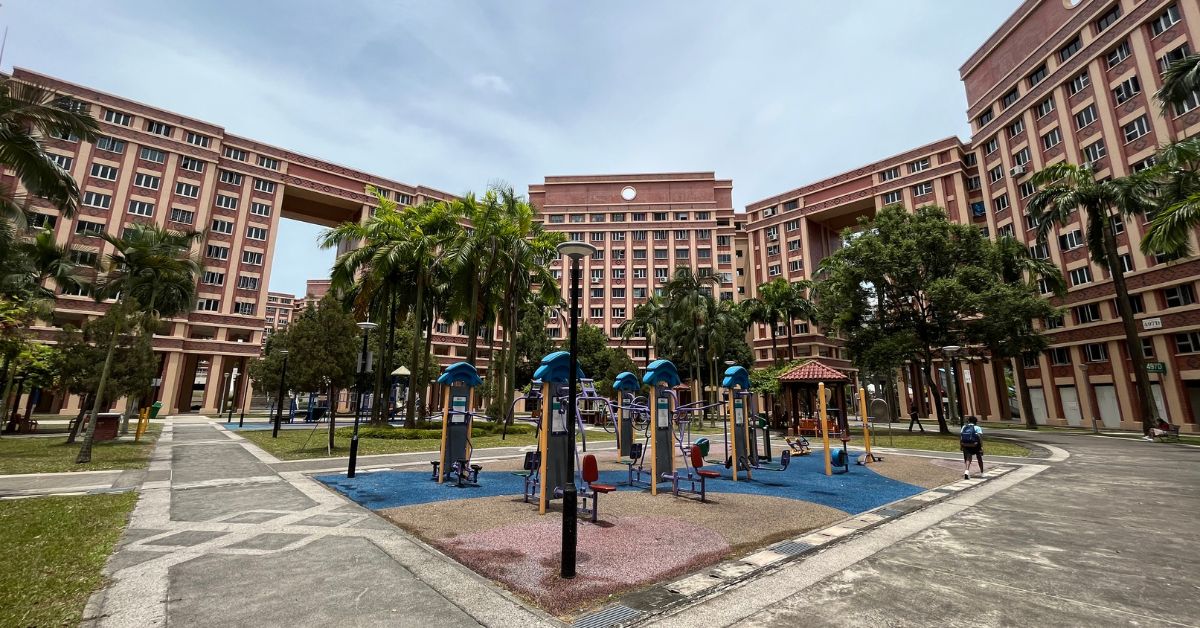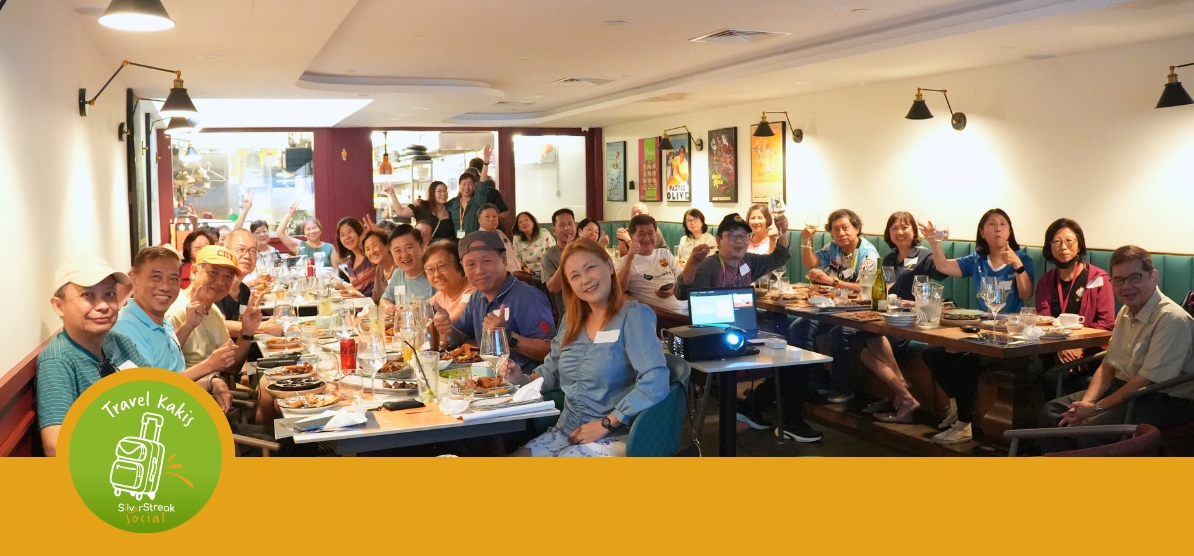In food-obsessed Singapore, it’s safe to say that food sustains more than just the body – it nourishes the soul.
To lose access to food is to lose a major part of life’s pleasures. To some, this can feel like losing a part of yourself.
But it is a loss that many silvers face as a part of ageing, whether due to a restrictive diet targeted at keeping chronic illnesses at bay, or the side effects of other debilitating ailments like dementia or cancer.
Witnessing this loss for loved ones first-hand led two women to start food tech companies aimed at empowering the elderly to recapture their love for food, ageing virtuously with a greater degree of agency and comfort.
Improving food for people with swallowing difficulties – also known as dysphagia – was a personal mission for Dr Shen Yiru, 46, the founder of GentleFoods.
Her approach was two-pronged. She first set out to create “rigorously reproducible batches”” of pureed food that could meet international dysphagia standards, which are divided into discrete food textures and thicknesses, corresponding to the level of difficulty people have swallowing.
These were sold as ready-made frozen meals, either delivered or bought off-the-shelf at GentleFoods’ retail space for caregivers to heat up. They are also available in some nursing homes and private hospitals.
An example she gives – the thickness of rice grains, and how easily pureed food flows through the space between a fork’s tines.
The second aspect of GentleFoods’ ‘food as medicine’ journey: Developing food that increases the dignity of pureed food for elderly customers.
To that end, the company shapes the puree into shapes that resemble the ingredient it’s made from – for example, mashed chicken, in the shape of a chicken drumstick.
They also base recipes on local favourites like chicken rice, nasi lemak, chee cheong fun and ang ku kueh.
One way the company does this is by extracting protein and fibre from spent barley grains (a by-product of beer and malt production), then upcycling it into a flour that can in turn be made into a classic Asian staple – noodles.
This addresses the Asian diabetic population by targeting a staple food that contributes to the growth of the disease. “As Asians, when we eat, our first port of call is always starch-based – rice, and noodles,” explains Florence.
“By taking away the starch from staple foods, we can help people control their blood sugar levels without sacrificing the choice of food. That’s why we go zero carb with the staple – so that they can have their lor mee, or curry sauce. They can end the meal with a chendol, or a seed of durian.
A study conducted by the company with Temasek Polytechnic involving 15 subjects revealed that a serving of W0W Noodles induced an increase in blood sugar levels far below that of regular yellow noodles.
The study also observed a return to baseline after an hour, compared to yellow noodles where blood sugar levels remained elevated even after two hours.
Like Yiru, Florence was also inspired in part by personal circumstances.
While W0W Noodles is available online or off-the-shelf at the National University Hospital’s Health & U pharmacy, Florence tells SilverStreak that their main customer base will continue to be other businesses.
After all, Florence sees the low-carb noodles’ value not just as a healthy food source for diabetics and an ageing population, but as a category that demands further exploration – particularly in Singapore, which generates over 75,000 tonnes of spent barley grains annually.
Most of that is produced by Swiss food and drink conglomerate Nestle, who supplies their spent barley grain to Kosmode Health.
“Our goal is to fully make use of nature by using things that are currently being thrown away. I get very angsty about this – Asia is the agricultural hub of the world. We produce a lot of crops and a lot of food. But there are a lot of people who are hungry and malnourished in Asia.
